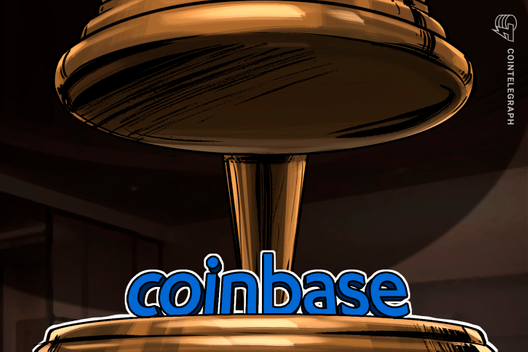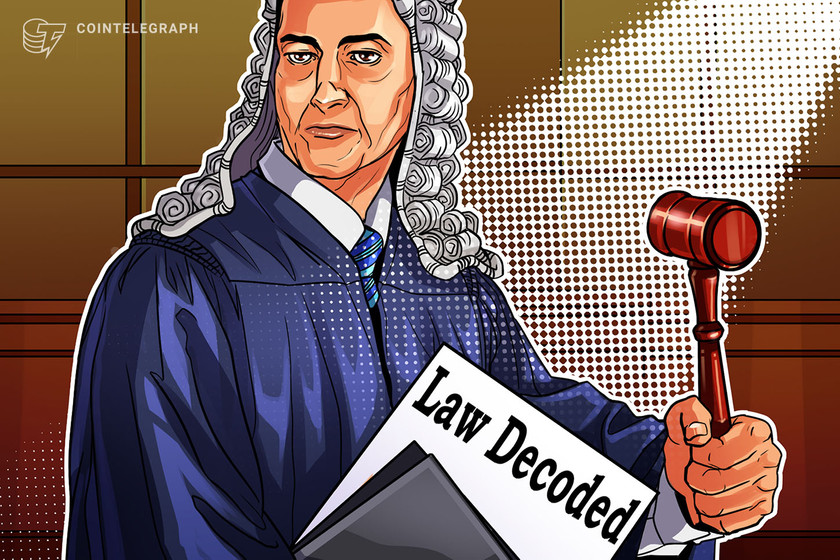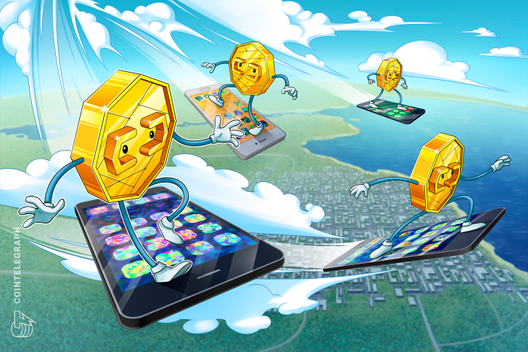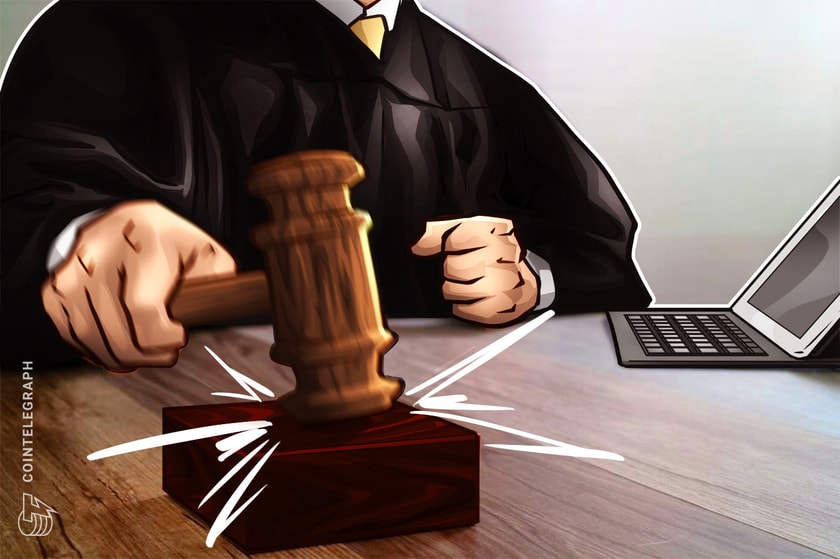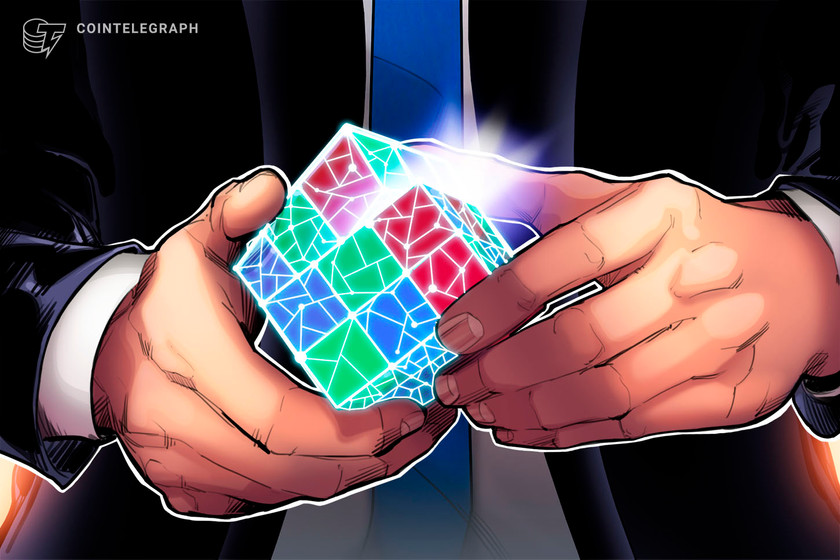10 industry insiders’ tips for devs who are new to blockchain coding
Tech developers looking for a new challenge may well be turning their attention to blockchain. The space is still fresh enough that a newcomer can get in on the ground floor of exciting new developments and take their place among industry pioneers.
However, devs who are used to being “tech gurus” may hesitate at the threshold, uncertain where to begin their professional journey with blockchain. And there’s no doubt there’s important homework to be done before leaping in. Below, 10 members of Cointelegraph Innovation Circle share some tips for curious developers who are new to blockchain coding and programming but want to join the growing professional community.
Get familiar with blockchain’s fundamental concepts
One tip for developers who are new to blockchain coding is to focus on understanding the fundamental concepts of blockchain technology, such as decentralization, consensus mechanisms and smart contracts, before diving into specific programming languages or platforms. – Irina Litchfield, Lumeria
Study how transactions and the various consensus methods work
If you’re new to blockchain development, start by understanding the concepts of decentralization and consensus mechanisms. Blockchain isn’t just another database; it’s a paradigm shift in the way we handle and trust data. Study how transactions are added and verified on a blockchain, and learn the difference between proof of work, proof of stake and other consensus methods. – Maksym Illiashenko, My NFT Wars: Riftwardens
Start with one of the popular programming languages
Start by learning and mastering a popular and versatile blockchain programming language, such as Solidity. Focusing on a widely used language will provide a strong foundation, allow you to access numerous resources and tutorials, and facilitate collaboration with the broader blockchain development community. This will help you build the necessary skills and knowledge for successful blockchain projects. – Tomer Warschauer Nuni, Kryptomon
Explore open-source projects and practice writing smart contracts
Once you understand the fundamentals of the blockchain, learning from open-source projects and practicing writing smart contracts can lead to innovative breakthroughs, since the blockchain has almost unlimited possibilities. Become an explorer, not a follower. – Ilias Salvatore, Flooz XYZ
Know how to plug and play functionalities
Developers need to understand that, when it comes to Web3 and blockchain coding and programming, it’s very important to know how to plug and play the functionalities and leverage useful tools and APIs for better efficiency. There are quite a few companies that are building Web3 infrastructures that new developers should pay attention to. – Cindy Jin, Mintology
Join the community where you can transform the future. Cointelegraph Innovation Circle brings blockchain technology leaders together to connect, collaborate and publish. Apply today
Take advantage of online resources
Take advantage of all the resources available online — many universities have online courses that teach blockchain programming. Use them to get the basics down and start building, either on your own or with a project you’re passionate about. ChatGPT is another great resource to learn new methods related to blockchain. At the end of the day, though, the best way to learn is through trial and error. – Anthony Georgiades, Pastel Network
Use AI as your pair programming partner
ChatGPT and Github Copilot are insanely good tools for new and experienced programmers alike. They can write new code, review existing code, point out inefficiencies, add comments and help with setting up libraries and environments. So, when you’re ready to submit a pull request or work with other engineers, you’ll have confidence in your work. – Shiv Madan, Moonwalk
Always put users’ requirements first
Provide an effective, fantastic user experience by putting the requirements of the user first. Recognize user annoyances and build remedies to address them. The main elements are clarity, usability and reactivity. To encourage acceptance and success, strive for user-friendly interfaces and seamless interactions. – Myrtle Anne Ramos, Block Tides
Ask questions
When learning about blockchain development, don’t be afraid to reach out if you can’t find the answer to something. Community is one of the greatest strengths of Web3, and this dynamic extends to the technical side as well. If you ask nicely, you will find that many blockchain developers will be happy to provide answers and connect you to the best resources. – Wolfgang Rückerl, ENT Technologies AG
Don’t be intimidated
Given how rapidly the blockchain space changes and matures, everyone is new to some degree. You will constantly be learning, no matter your level of expertise. Additionally, leveraging your open mind to discover what you are passionate about enables you to channel your talents into what is especially important to you. – Megan Nyvold, BingX
This article was published through Cointelegraph Innovation Circle, a vetted organization of senior executives and experts in the blockchain technology industry who are building the future through the power of connections, collaboration and thought leadership. Opinions expressed do not necessarily reflect those of Cointelegraph.
Learn more about Cointelegraph Innovation Circle and see if you qualify to join.


